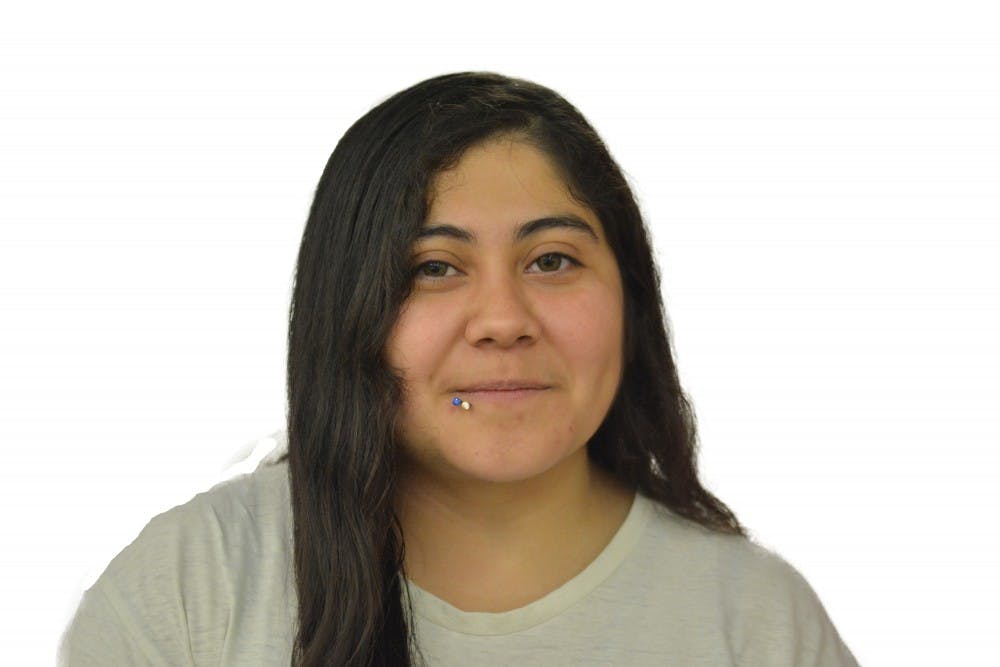W hen I first told my mother I wanted to adopt kids, she didn’t believe me. Like many others I’ve told this to since then, she believed that I would change my mind once I was married — presumably to a man who wanted kids — which is a belief that is built on a lot of very big assumptions.
Similarly, much of the information I’ve read for adoptive parents focuses on a big assumption — that the parents want biological kids but can’t have them. The reasoning is obvious: We want to pass on our genes, continue our family name, be part of something larger. It seems like one of the most natural and innate acts. And that’s why it is such an insidious idea. I worry that we live in a society where so many people who have difficulty becoming pregnant are willing to spend thousands of dollars on fertility treatments and artificial insemination, all in an effort to conceive a biological child.
There are over 399,000 children in the foster care system in the United States. Twenty thousand age out of this system every year, having never experienced familial stability. Many of them will be abused, physically, psychologically and/or sexually. They may very well have resulting emotional scars from this. That does not make them any less worthy of a stable family environment.
Many people worry about the challenges of adopting, and there are challenges. It’s hard to know the child’s upbringing and how that affected their physical and emotional development. There are very real fears about how the child will connect with others, including their adoptive parent(s). How will they deal with knowing they were adopted? Will they want to meet their birth family? Will their self-esteem and sense of stability be affected?
But I think that something pretty unique about adopting is that it forces you to think about all of these things and more. Good parenting is hard any way you slice it, but wanting to adopt pushes me to learn as much as I can about parenting, in general and for adopted children in particular.
Another concern is that it would take more time before an adopted child and parent could feel truly at ease with each other, much less love each other. But this is the difficulty of forming any kind of emotional relationship — especially one as fundamental as a parent-child relationship — and it is odd that this love is simply assumed in biological families. Parental, or more largely familial, love is the only form of love we as a society expect to manifest as soon as or even before we are born. This love is supposed to be immediate and unconditional. For many of us, our parents love us simply because we exist.
Look, I took introductory genetics, I get it — this emphasis on blood ties makes intrinsic sense. But how much of our lives are still dictated solely by our biology? Much of our society is based on moving beyond our basic biology and towards higher ideals.
I hope that I will love my child the instant I know they are mine — as my parents felt with me. I will love an adopted child with the same deep, irrational and unconditional love my parents have given me. Just like my parents, I will then begin the lifelong process of getting to know who they really are, and loving them not just as my child, but as their own person.
Adoption is often seen as a last resort for people who can’t have biological children, and I think there is something very wrong about this.
I believe that widespread adoption would require a fundamental transformation in how we think about familial love. It would require us to analyze how and why we form some of the most important bonds in our lives. It would require us to expand our conceptions and definitions of love — force us to love more broadly and more holistically, an almost literal redefining of the human fami ly.
Yessenia Gutierrez is a College fifth-year senior from Hollywood, Fla., studying biology and Latin American studies. Her email address is yeg@sas.upenn.edu. “Yessi Can” usually appears every other Monday.
The Daily Pennsylvanian is an independent, student-run newspaper. Please consider making a donation to support the coverage that shapes the University. Your generosity ensures a future of strong journalism at Penn.
DonatePlease note All comments are eligible for publication in The Daily Pennsylvanian.









